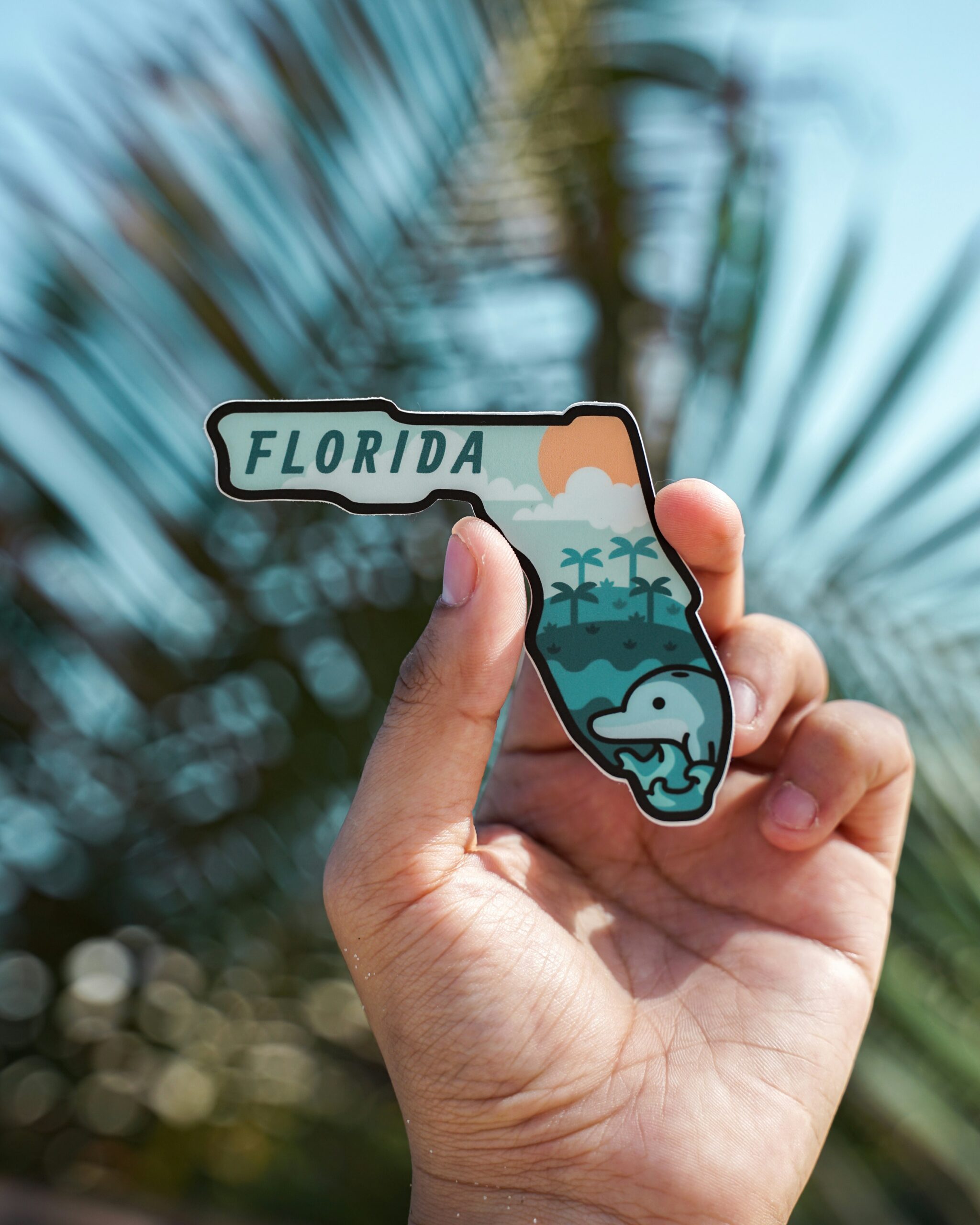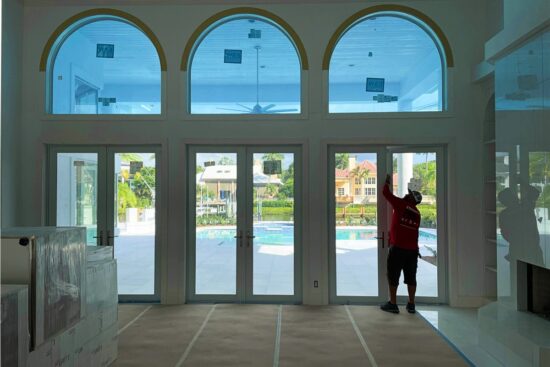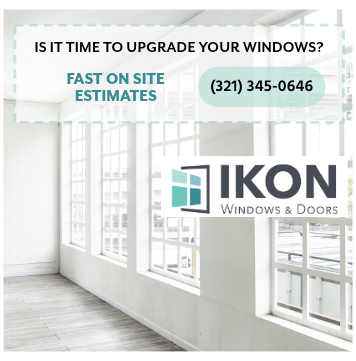
When it comes to safeguarding your Florida home against the elements, especially hurricanes and severe storms, choosing the right type of windows is crucial.
Impact windows not only enhance the aesthetic appeal of your home but also provide critical protection against flying debris, strong winds, and weather-related damage.
In this article, we will explore the most durable materials used in impact windows, giving homeowners in Florida a comprehensive guide to making the best choice for their needs.
Understanding Impact Windows
Impact windows are specially designed windows that can withstand the high-velocity winds and flying debris associated with hurricanes.
They are often made from laminated glass with a polymer interlayer, providing exceptional strength and durability.
In Florida, where storm season can be fierce, having impact-resistant windows is not just a preference; it’s a necessity.
Benefits of Impact Windows
- Protection from Storm Damage: Impact windows are built to withstand heavy winds and flying debris, providing superior protection during hurricanes.
- Noise Reduction: Laminated glass also offers effective noise reduction, making your home quieter.
- UV Protection: Many impact windows come with coatings that block harmful UV rays, protecting your interiors from fading.
- Energy Efficiency: Impact windows can help reduce energy costs by providing better insulation than traditional windows.
- Increased Home Value: Installing impact windows can enhance the resale value of your home, making it more attractive to potential buyers.
Most Durable Impact Window Materials
When selecting impact windows for your home, the material is an important consideration. Each material has its own advantages and disadvantages, affecting durability, aesthetics, maintenance requirements, and cost. Here are the most common materials used in impact windows:
Aluminum
Durability: Highly durable and resistant to corrosion, making it ideal for coastal environments.
Pros:
- Strong and low maintenance.
- Can be finished in various colors and styles to enhance aesthetics.
- Often less expensive than other options.
Cons:
- Poor insulator compared to other materials, possibly leading to higher energy costs.
- Can be susceptible to denting and scratches.
Vinyl
Durability: Vinyl impact windows are made from polyvinyl chloride (PVC) which is tough and resilient.
Pros:
- Excellent energy efficiency due to insulated frames.
- Resistant to rot, corrosion, and rust.
- Virtually no maintenance required; just need an occasional cleaning.
Cons:
- Color options may be more limited than aluminum.
- Can become less flexible in extremely high temperatures.
Fiberglass
Durability: Arguably the most durable and energy-efficient material, fiberglass impact windows can withstand extreme weather conditions.
Pros:
- Highly resistant to warping, cracking, and swelling in heat and humidity.
- Excellent energy performance and insulation properties.
- Available in a variety of finishes, including wood-like options.
Cons:
- Typically more expensive than vinyl and aluminum.
- Limited availability compared to other materials.
Wood-Clad
Durability: Wood-clad windows feature a wooden core for aesthetics, reinforced with a protective outer layer made from aluminum or vinyl.
Pros:
- Combines the classic beauty of wood with the durability of aluminum or vinyl.
- Offers excellent insulation properties.
- Variety of designs and finishes.
Cons:
- Higher maintenance if the wood isn’t properly sealed.
- More expensive than other options.
Composite
Durability: Composite windows are made from a combination of materials, often designed to maximize the benefits of each.
Pros:
- Offers a balance of durability and thermal performance.
- Resistant to warping, cracking, and fading.
- May come in a variety of finishes and colors.
Cons:
- Quality can vary by manufacturer, making it crucial to shop carefully.
- Typically higher in price.
Key Considerations When Choosing Impact Windows
Building Codes
In Florida, the Florida Building Code (FBC) mandates rigorous standards for windows and doors, especially in vulnerable coastal zones.
Ensure that any impact windows you consider meet or exceed these standards.
Wind Zone
Determine the wind zone of your location. The closer you are to the coast, the more robust your windows should be. Consult a local contractor or building inspector to correctly identify your home’s wind zone.
Energy Efficiency Ratings
Look for impact windows that have ENERGY STAR ratings or similar certifications, as they will help lower your energy bills and enhance indoor comfort.
Warranty
Consider the manufacturer’s warranty on the materials and construction of the windows. A good warranty can provide peace of mind and assurance of durability.
Professional Installation
For optimal performance, impact windows should be installed by professionals experienced in hurricane-resistant systems. Proper installation is critical to ensure the windows perform as intended.





